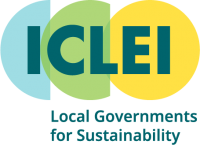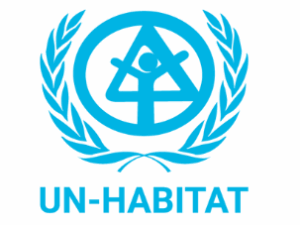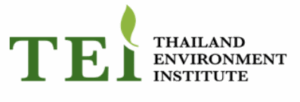Climate-Resilient Transit-Oriented Inclusive and Vibrant Areas for Everyone

Project approach
ADAPTING INFRASTRUCTURE
ADAPTING THE URBAN ENVIRONMENT
ADAPTING SOCIAL BEHAVIOUR
Related news
Project partners

ICLEI – Local Governments for Sustainability is the implementing partner. ICLEI World Secretariat is responsible for general project management and coordination. ICLEI Southeast Asia Secretariat is responsible for building political support at the national and sub-national levels and promoting city and community engagement.

The United Nations Human Settlements Programme (UN-Habitat) is mandated by the UN General Assembly to promote socially and environmentally sustainable towns and cities. UN-Habitat is the focal point for all urbanization and human settlement matters within the UN system.


- All
- Africa
- African Mobility Month
- Asia and Pacific
- Autonomy
- Blogs
- CitiesSHIFT
- COP26
- COP27
- COP28
- COVID-19
- EcoLogistics
- EcoLogistics Community
- EcoMobility
- EcoMobility Alliance
- Ecomobility Days
- EcoMobility SHIFT
- EcoMobility World Festivals
- Emerging mobility trends
- Europe
- IMG SPARK
- Kaohsiung Strategies
- Latin America
- News
- North America
- Public transport
- RELEASE
- Road safety
- SOLUTIONSplus
- Transport and climate
- Transport and equity
- Transport and health
- TUMI
- Webinars
